Paws & Claws Adult Delicious Mix Chicken, Salmon, Turkey and Tuna Formula Dry Cat Food, 36 lb. Bag
Cats can enjoy all their favorite flavors at once with the Paws & Claws Adult Delicious Mix Chicken, Salmon, Turkey and Tuna Formula Dry Cat Food. This dry cat food is designed to appeal to even the pickiest eaters. Made from high-quality ingredients, the formula provides plenty of protein and vitamins and minerals to promote a long, happy life. Add Paws & Claws Delicious Mix Dry Cat Food to your pet’s diet today.
Cats can enjoy all their favorite flavors at once with the Paws & Claws Adult Delicious Mix Chicken, Salmon, Turkey and Tuna Formula Dry Cat Food. This dry cat food is designed to appeal to even the pickiest eaters. Made from high-quality ingredients, the formula provides plenty of protein and vitamins and minerals to promote a long, happy life. Add Paws & Claws Delicious Mix Dry Cat Food to your pet’s diet today.
- 100% complete and balanced cat food for adult cats
- Fortified with many vitamins and minerals, including vitamins A and E, to support your cat’s immune system and overall health
- Made with high-quality protein to support strong muscles
- Includes taurine for heart health and bright eyes
- Calcium and phosphorus in the cat food help support strong bones
- Delicious Mix contains several tasty flavors: chicken, salmon, turkey and tuna
- Made in USA
- Value size 36 lb. bag of dry cat food
- Formulated to meet the nutritional levels established by AAFCO Cat Food Nutrient Profiles for maintenance
Additional information
| Country of Origin | Made in USA |
|---|---|
| Breed Size | Extra Small, Small, Medium, Large, Extra Large |
| Flavor | Chicken, Salmon, Turkey and Tuna |
| Health Features | Muscle Health, Bone Health |
| Indoor/Outdoor | Indoor and Outdoor |
| Life Stage | Adult |
| Primary Flavor | Chicken, Turkey, Tuna, Salmon |
| Special Diets | None, AAFCO Formulated |
| Manufacturer Part Number | 11000013 |

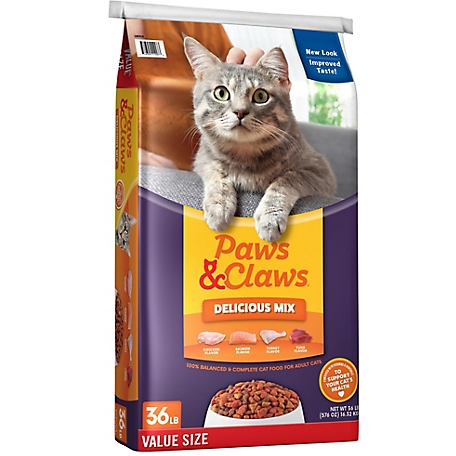
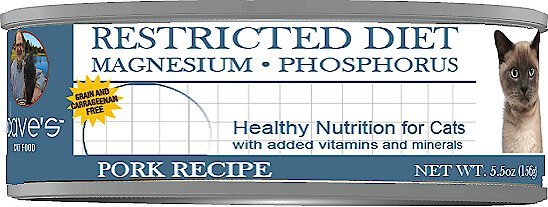
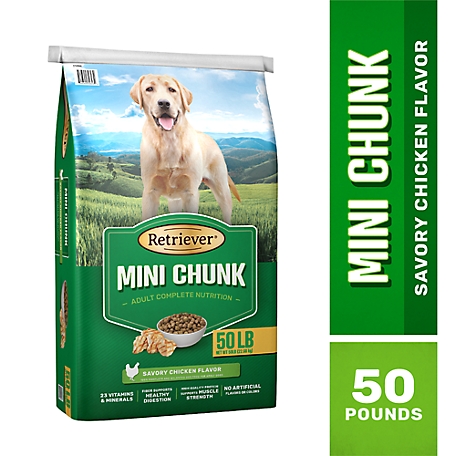
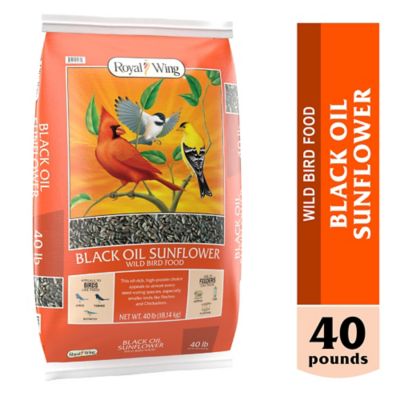
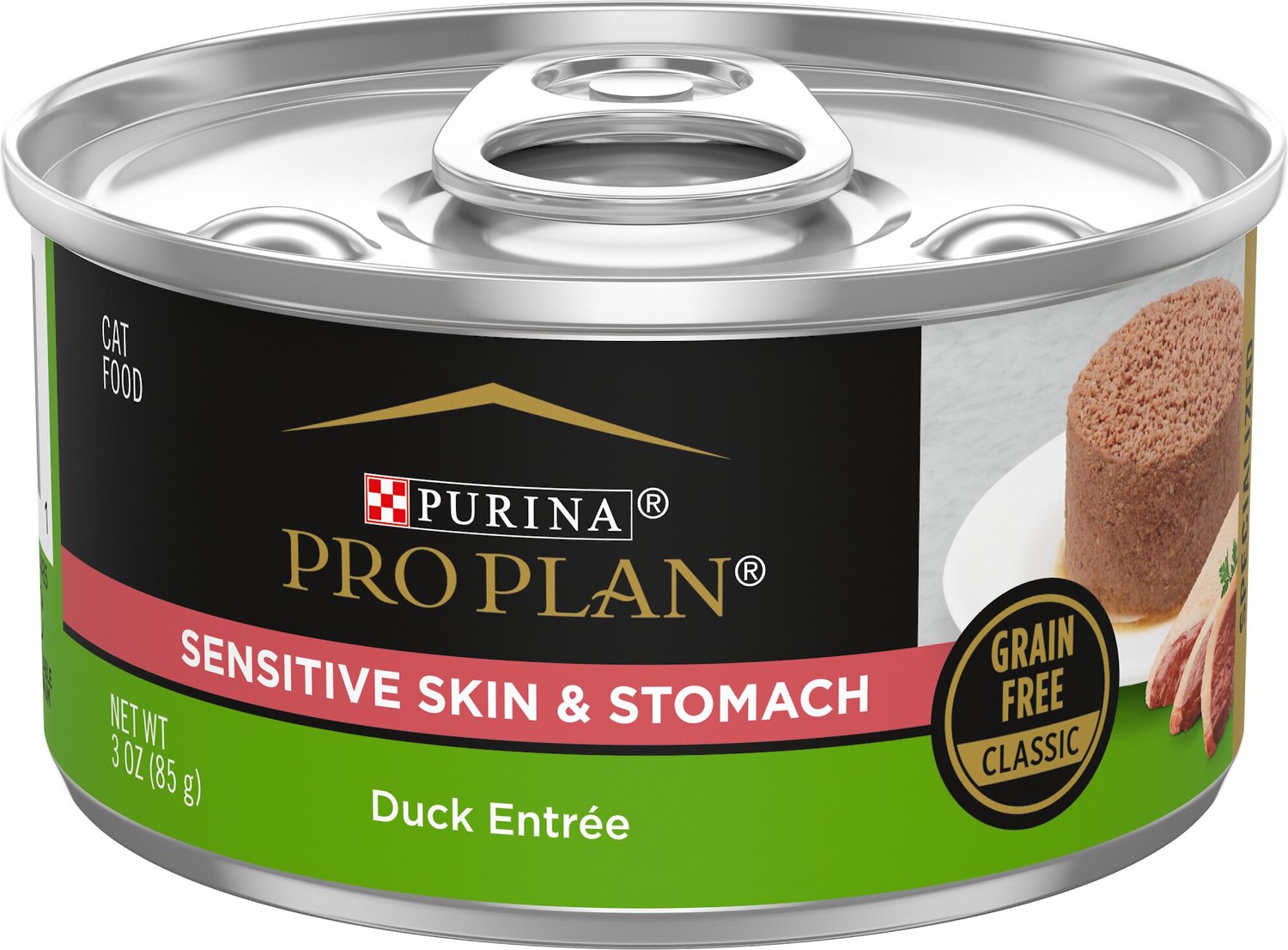
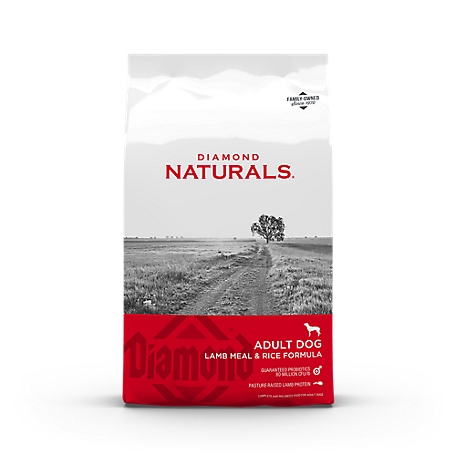
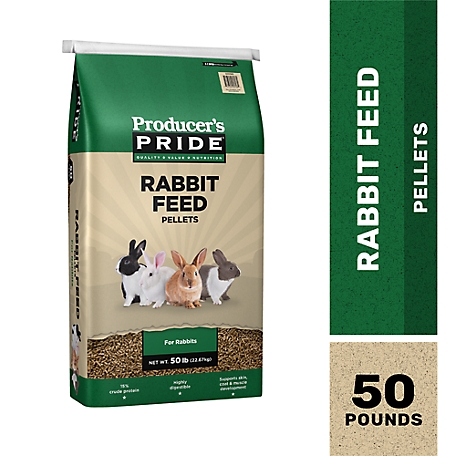
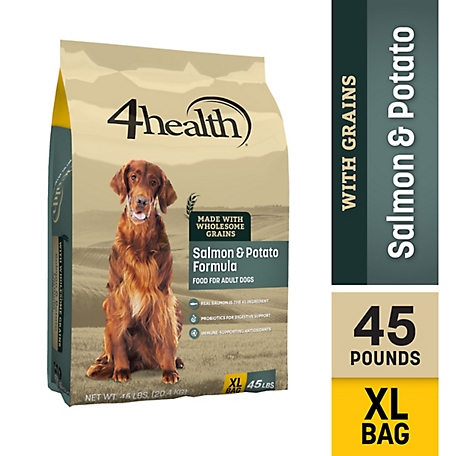
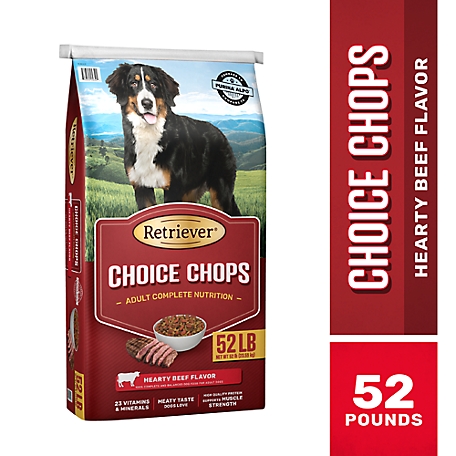

by Vincent
Our cats love it!!! Price is great!
by Harry
My stray cats seem to enjoy it what they don’t eat I have 2 ratcoons that finish it
by Nana
My cats love this cat food and they can be picky eaters.
by Amy
My picky kitties absolutely love it. Its a wonderful food and very inexpensive.
by James
My cat loves this food and it came very quick!